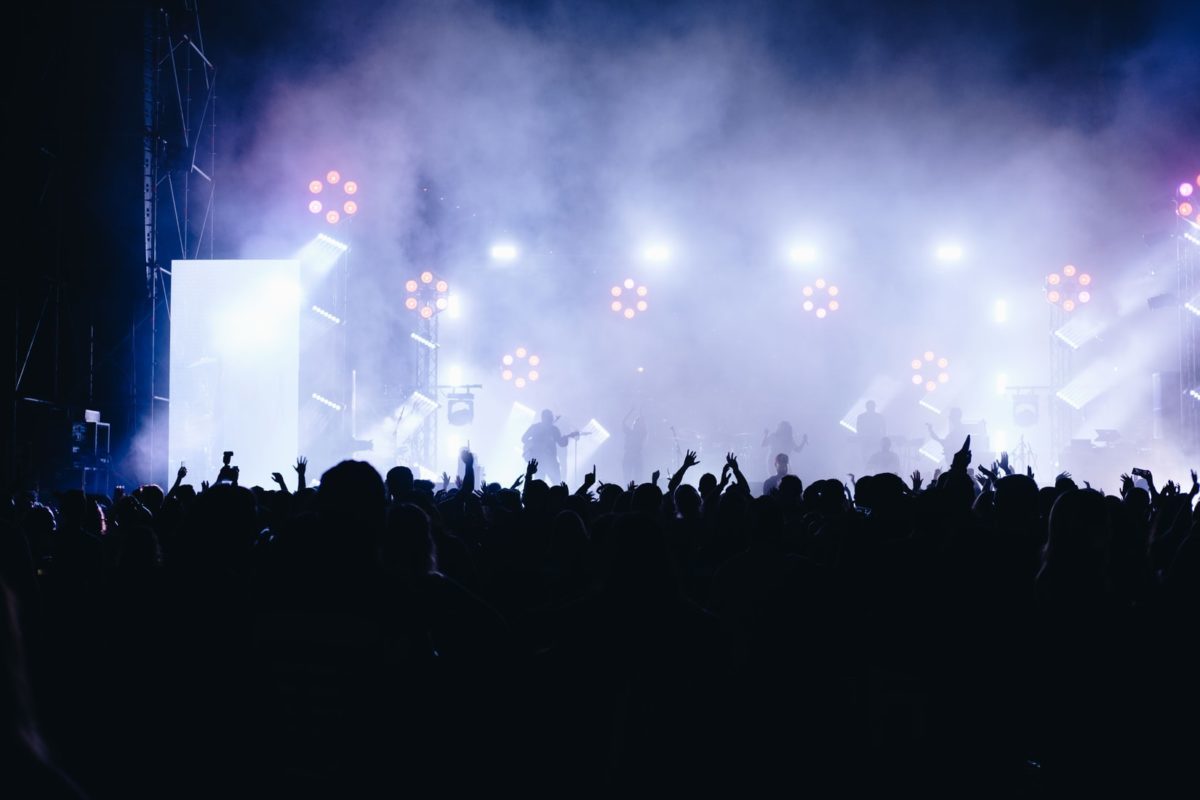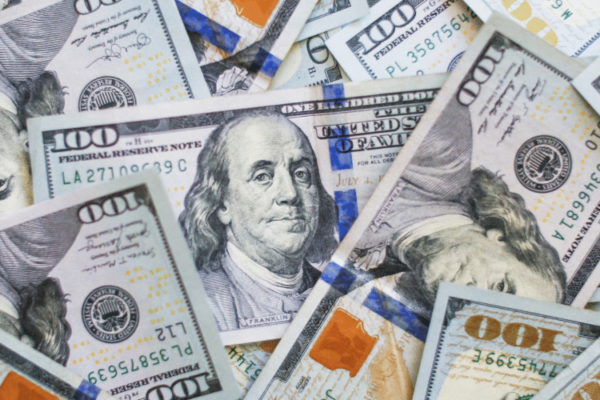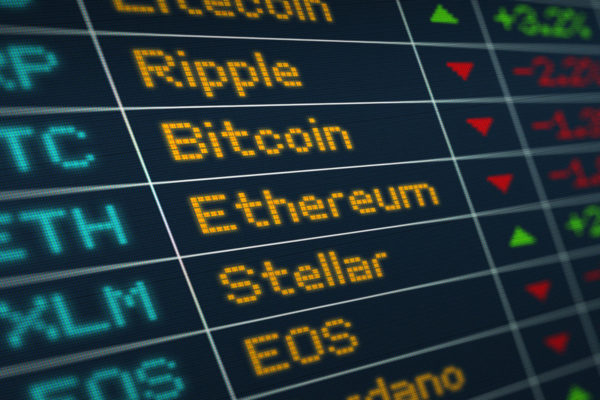What role do music and artists play in fighting corruption and holding governments accountable?
This was the big question during the panel “Music for Accountability” at the 19th International Anti-Corruption Conference.
Drawing on the role of musicians such as Bob Dylan, Joan Baez, Miriam Makeba, Fela Kuti, and several others who used music as a powerful tool to tackle social injustice in the past, the panellists urged contemporary musicians to produce music that would spark serious conversations around corruption, electoral fraud, inequality, and other social ills.
Nora Rahimian, a creative consultant and the co-founder of CultureFix, a global network of artists, entrepreneurs, and activists, said audiences are expecting more from their favourite artists nowadays and that it was no longer appropriate for artists to be silent.
“If your power comes from your fans then you have to speak on the things your fans care about,” Rahimian explained. “There is a shift where a lot of artists could have gotten away with being silent, and now if you are silent, you will get called out. Your fans will hold you accountable, and they will push you until you say something.”
She said ignoring important social issues would do artists more harm than good. There are millions of rappers and singers in the world; she continued, so one way to differentiate oneself as an artist would be to speak out on issues that matter to their fans.
“It is really about looking at the relationship between artists and audience and being able to leverage both for the wellbeing of the fan and the wellbeing and long-term sustainability of the artist’s career,” she said.
Nigerian hip hop artist Jude Abaga, popularly known as M.I. Abaga, also discussed the role of musicians in a more activist and socially conscious era. He referenced the recent #EndSARS protests, which began in early October in response to police brutality by the Nigerian Police’s Special Anti-Robbery Squad. M.I. pointed to well-known Nigerian musicians like Wizkid, Davido, Falz and many others supporting their fans’ calls for police reform.
Music has become a necessity in the fight against social ills in Nigeria, from corruption to poverty to unemployment, M.I. said and added that the #EndSARS protests called for self-reflection from the entertainment industry.
“For most people in the music business and entertainment, it was a moment for us to reflect in some way on the impact of what we are doing on culture, on how culture informs behaviour and [how] what we normalize comes back to haunt us,” he said.
Another member of the panel, Matt Clark, Programs & Marketing Director at J.M. International (JMI), the world’s largest youth-music non-profit organisation, said people want change and artists have to speak on behalf of people who don’t have a voice.
“I think it is crucial that we start building a community around these issues and start helping one another,” he said. “We can’t change the world unless we stick together.”
Clark introduced the winners of Fair Play, a global competition for songs by young artists with themes related to anti-corruption and social justice. Winners this year included the Nigerian singer Cill (born Chioma Ogbonna); the Congolese rapper and producer Alesh (real name Alain Chirwisa); and the Italian band Shantipowa. Their videos were selected after a review of submissions from activist musicians from more than 20 countries around the world.
In her award-winning song, “Sound the Alarm,” Cill sang she was “tired of sitting and waiting for change” and challenged her audience not to fold their arms and do nothing. She joined the panel and thanked them for the award: “Winning this award gave me the validation that I am doing something right, and I am on the right path.”


